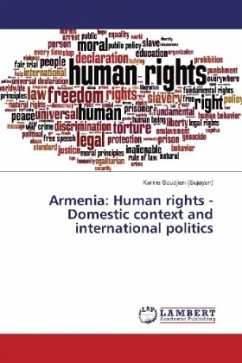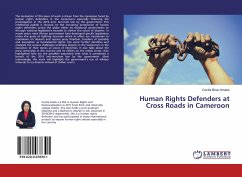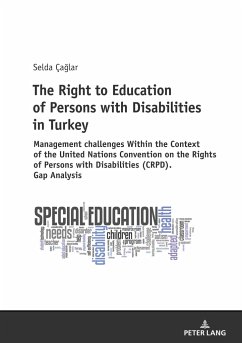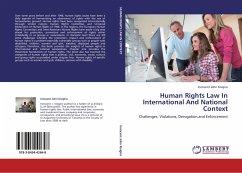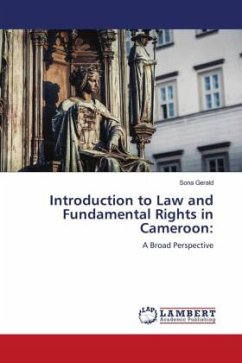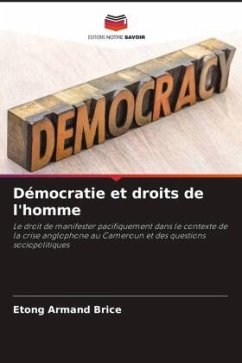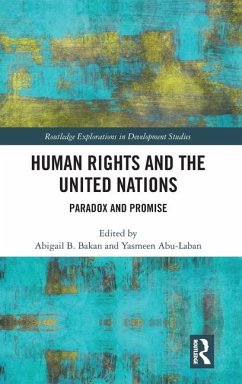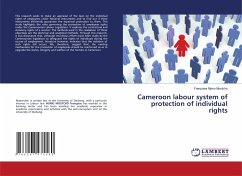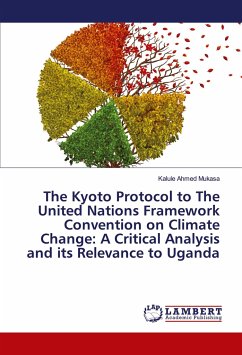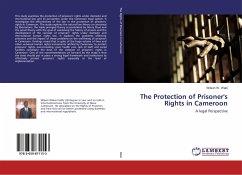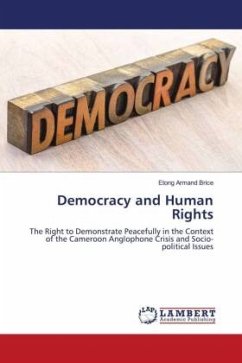
Democracy and Human Rights
The Right to Demonstrate Peacefully in the Context of the Cameroon Anglophone Crisis and Socio-political Issues
Versandkostenfrei!
Versandfertig in 6-10 Tagen
29,99 €
inkl. MwSt.

PAYBACK Punkte
15 °P sammeln!
Public or civil protest is deeply rooted in human history, as well as in the institutional and political culture of most developed and developing nations. These public demonstrations are enshrined and protected by most states' constitutions. Public protest most often results in either peaceful or violent revolutions in support of a cause or opposition to a governmental policy or practice. "People power" has therefore been a potent political force and an asset to drastically change the course of the history of most democratic countries, giving rise to the core principle of "Vox Populi Vox Dei":...
Public or civil protest is deeply rooted in human history, as well as in the institutional and political culture of most developed and developing nations. These public demonstrations are enshrined and protected by most states' constitutions. Public protest most often results in either peaceful or violent revolutions in support of a cause or opposition to a governmental policy or practice. "People power" has therefore been a potent political force and an asset to drastically change the course of the history of most democratic countries, giving rise to the core principle of "Vox Populi Vox Dei": The voice of the people is the voice of God. It is undoubtedly within this framework and logic that the issue of the right to protest peacefully in the context of the Cameroon Anglophone Crisis and socio-political issues arises with relevant questions concerning the nature and practice of democracy, rule of law, and human rights in Cameroon. The focus study of this research seeks on the onehand to critically identify/ examine the nuances and various meanings of the right to protest, including its legality, and importance in the construction as well as the advancement of a democratic society.



